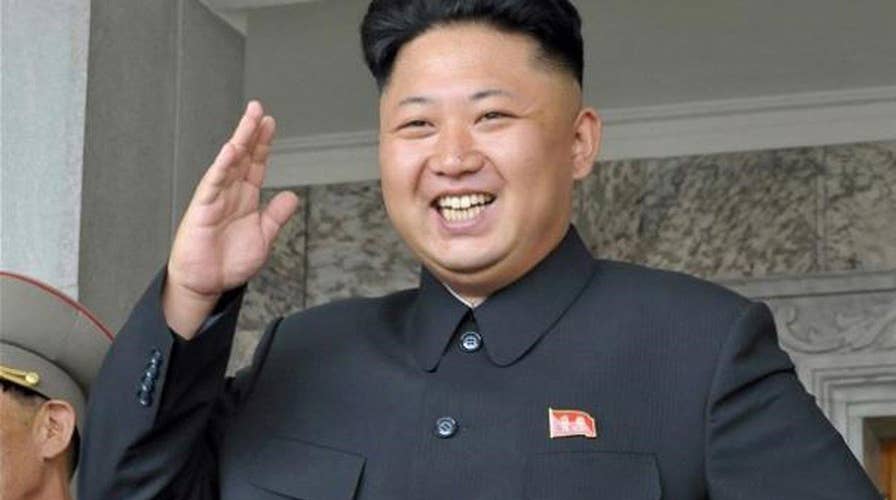Kim Jong-Un says he is ready for war
North Korea's leader claim to be ready for war in New Year's address
A high-ranking officer from North Korea's military intelligence agency fled to South Korea last year, the Seoul government confirmed Monday.
The colonel, whose name was withheld by the South Korean government, worked for the North Korean military's General Reconnaissance Bureau. The agency is believed to be behind two deadly attacks blamed on Pyongyang that killed 50 South Koreans in 2010.
The General Reconnassance Bureau also deals in cyberwarfare, and it is widely suspected of being behind the 2014 hack attack on Sony Pictures Entertainment.
South Korea's Yonhap News Agency reported that the colonel is viewed as an elite member of North Korean society by other defectors from the Communist dictatorship.
"He is believed to have stated details about the bureau's operations against South Korea to authorities here," the agency quoted a source as saying.
The announcement of the colonel's defection came three days after South Korea revealed 13 North Koreans working at the same restaurant in a foreign country had defected to the South, the largest group defection since North Korea's young leader Kim Jong Un took power in late 2011. South Korean media reported the restaurant is located in the eastern Chinese city of Ningbo.
The highest-level North Korean who took asylum in South Korea has been Hwang Jang-yop, a senior ruling Workers' Party official who once tutored Kim's late dictator father Kim Jong Il. Hwang's 1997 defection was hailed by many South Koreans as an intelligence bonanza and a clear sign that the North's political system was inferior to the South's. Hwang died in 2010.
Yonhap also reported that a number of low-level North Korean officials based in foreign countries have sought asylum to avoid being caught in one of Kim Jong Un's purges. South Korea's Unification Ministry confirmed Monday that a North Korean diplomat based in Africa also separately defected to South Korea last year. It didn't elaborate.
South Korea's spy agency reported last year that Kim has had more than 70 North Korean officials executed in an effort to solidify his grip on power. However, such reports are almost impossible to confirm due to the tight controls on information from North Korea.
More than 29,000 North Koreans have defected to South Korea since the end of the 1950-53 Korean War, according to South Korean government records. Many defectors have testified they wanted to avoid the North's harsh political system and poverty.
Defections are a bitter source of contention between the rival Koreas, which are still divided along the world's most heavily fortified border since the end of the Korean War. Pyongyang usually accuses Seoul of enticing North Korean citizens to defect, something Seoul denies.
The Associated Press contributed to this report.

